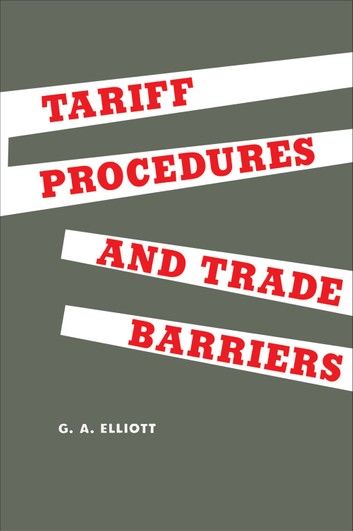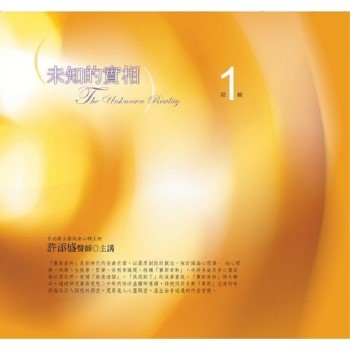| FindBook |
有 1 項符合
Tariff Procedures and Trade Barriers的圖書 |
 |
Tariff Procedures and Trade Barriers 作者:George Elliott 出版社:University of Toronto Press 出版日期:1955-12-15 語言:英文 |
| 圖書館借閱 |
| 國家圖書館 | 全國圖書書目資訊網 | 國立公共資訊圖書館 | 電子書服務平台 | MetaCat 跨館整合查詢 |
| 臺北市立圖書館 | 新北市立圖書館 | 基隆市公共圖書館 | 桃園市立圖書館 | 新竹縣公共圖書館 |
| 苗栗縣立圖書館 | 臺中市立圖書館 | 彰化縣公共圖書館 | 南投縣文化局 | 雲林縣公共圖書館 |
| 嘉義縣圖書館 | 臺南市立圖書館 | 高雄市立圖書館 | 屏東縣公共圖書館 | 宜蘭縣公共圖書館 |
| 花蓮縣文化局 | 臺東縣文化處 |
|
|
Most Canadians are vividly aware of some of the effects tariffs have on their daily lives. As consumers they pay more than their American neighbours for many articles in everyday use; as producers they often find their markets drastically restricted because of tariff barriers. Indeed, the customs tariff has been a burning issue in the political and economic life of the country for most of its history. It is always a current topic of discussion, in ordinary conversation, in newspapers and periodicals, in scholarly studies, and in surveys and reports by government and industry.
But while Canadians, as consumers and producers, have personal experience and a general knowledge of the rates of duty explicitly stated in the customs tariff and knowingly ratified by the legislators and the public, they are not so well informed about another set of costs which, like the duties, have to be borne by importers and exporters, and ultimately by consumers and producers. These are the costs of administration, not only of the tariff, but also of other regulations designed primarily to preserve health or to prevent fraud or the infringement of patents. Certain costs of this nature are inevitable, and the delays, uncertainties, and expense they cause to exporters and importers, though not so readily apparent to the public, are nevertheless as much a part of the obstacle to trade as are the stated rates of duty.
A more serious aspect of procedures for collecting customs and enforcing regulations, however, is the fact that they may confer an inordinate degree of protection on certain domestic producers, either unintentionally through inept regulations or administrative inefficiency, or intentionally by regulations designed to discriminate unobtrusively against imported merchandise. But whether they are part of the necessary cost of collection and enforcement, or unintended expenses resulting from inadvertence, or calculated burdens imposed by stealth, they all confer a greater measure of protection on the domestic consumer than has been proved by the electorate.
This additional, 'indirect' protection is the subject of Professor Elliott's interesting and informative study. By a clear and orderly marshalling of the facts, and a wealth of illustrative cases, he has furnished a picture of the burden imposed on the economic life of the country and the obstacles put in the way of international trade by 'procedures.' In so doing he has provided a background of information against which the total effects of tariffs and import regulations may be assessed. It is in the interests of all that the customs tariff, like any other tax, should be designed to secure its objectives as efficiently as possible. A good customs tariff, like a good tax system, should conform to the four canons of taxation laid down long ago by Adam Smith: it should provide equity, certainty, convenience, and economy. This book is intended not as a customs manual for importers and exporters, but as a source of information and enlightenment for that alert and critical public whose interest in international economic relations and constant awareness of facts have already provided a strong impetus to a world movement in favour of more liberal trade policies.
Professor Elliott's book is published under the auspices of the Canadian Institute of International Affairs and the Canadian Tax Foundation.
|











